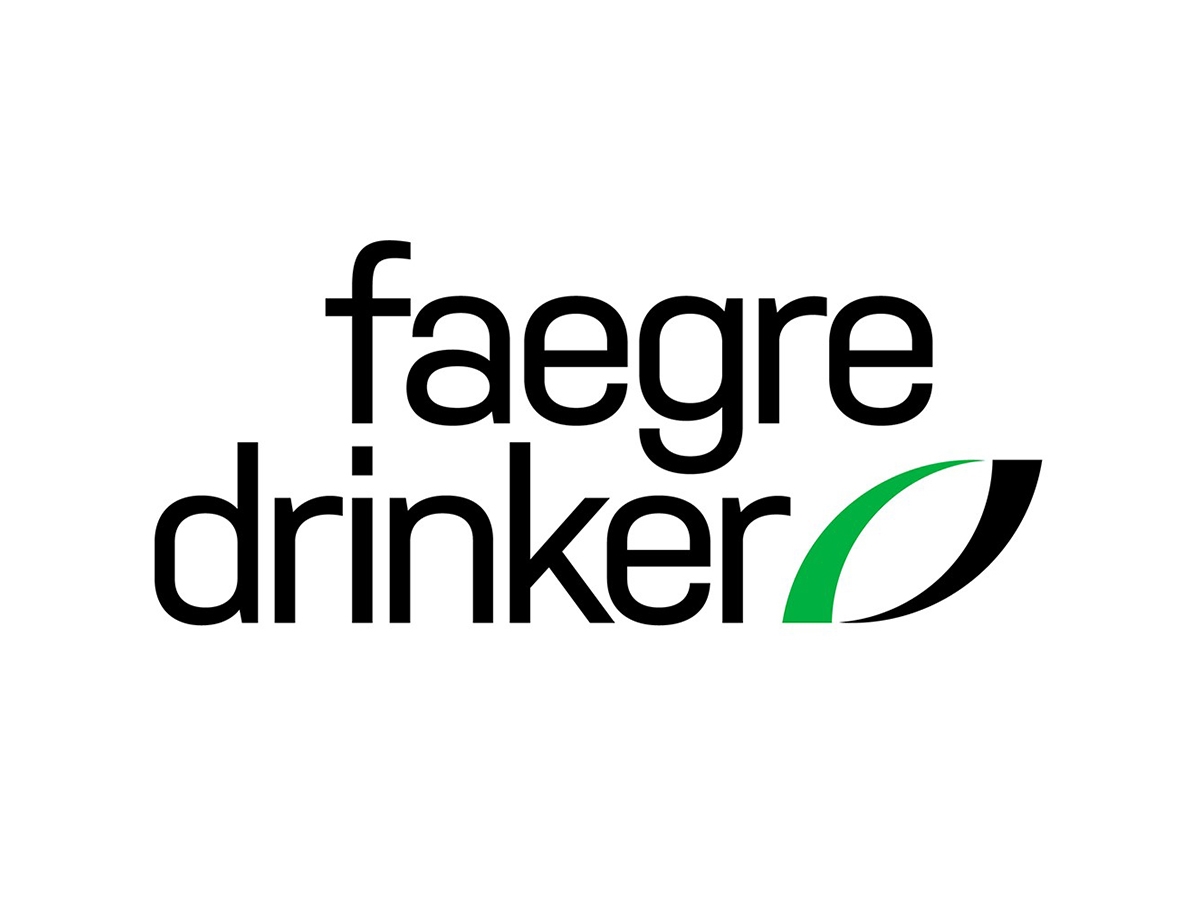Mediation versus arbitration 101: Pros and Cons
“Choosing between mediation or arbitration will depend on the specific needs of each party …. Your best option will depend solely on the complexity of issues, what you want as a solution, and how both sides move forward.”
The experience of the legal system can be intimidating and unpredictable. The courts deal with a wide range of cases every day, with results ranging from acquittals to life imprisonment. This uncertainty is what drives both parties to a dispute towards alternative solutions. Parties often choose alternative dispute resolution methods (ADR) over the complexity of a courtroom proceeding before a jury or judge. ADR methods such as arbitration and mediation are more efficient and streamlined. By choosing ADR, parties significantly reduce the time, effort, and financial resources that would be consumed by a formal legal proceeding.
Common Denominators and Key Differences
Mediation is a less formal process that allows both parties to settle their differences without the presence of a judge. Arbitration is a more formal process, which involves a third-party representative mandated to oversee and neutrally review the case. Both ADR strategies involve a neutral third party who agrees to moderate the case appropriately. The process is often more efficient, less stressful, and less time-consuming. They both involve a neutral third party who agrees to moderate the case appropriately, and the process is often more efficient, less stressful, and less time-consuming.
The main distinction in the processes is the role of the third party; the mediator is more cooperative, helping both parties reach a mutual settlement together in an unbiased manner, whereas the arbitrator is oppositional and actually judges the case based on reviewing the evidence and analyzing each claim and counterclaim.
Pros and Cons of Mediation
The best word to describe the process of mediation is informal. The mediator is the only difference between mediation and an intervention held by both parties to resolve issues. Other than that, mediation is just a necessary conversation that aims to help opposing parties settle their differences.
Pros
Mediation certainly has many upsides to it, as its informal approach is far more convenient for those involved than arbitration and litigation. Mediation is informal, so it never takes place in a courtroom and is not legally binding. This averts pressure and focuses instead on finding a middle ground with which most parties feel satisfied.
Additionally, the collaboration that the mediator establishes is effective in sustaining the business relationship. Compromises and finding a resolution that is mutually beneficial can save a lot of money and time. Fortunately, the process of mediation works quickly and efficiently, allowing both parties to return to business.
Cons
Some parties are not receptive to mediation and prefer a legitimate trial. They are unwilling to go through the mediation process and are unhappy with any outcome. Mediation is more likely to result in ambiguous decisions, since there is no official judge to render a decision. This leaves more room for error, and increases the likelihood of another dispute. Mediation can fail if both parties are stubborn and confident in their claims. If the mediator is ineffective in getting both parties to agree, the next step would be arbitration or litigation.
Pros and Cons of Arbitration
The main characteristic of arbitration of disputes is its stringency, enforcing legally binding agreements and sticking to the arbitrator’s decision. Arbitration is a strict process that enforces legal agreements and adheres to the arbitrator’s decision. The process can be compared to a court trial, but with less pressure. However, either party could still be unhappy with the result. Arbitration typically works to favor one party in the end, unlike mediation which follows a “everyone wins” principle.
Pros
The advantages of arbitration lie in its efficiency, low cost, and overall informality. It can be helpful to have a neutral, stern third party act as a judge to provide clarity. Unlike mediation, arbitration leaves no room for interpretation, as the arbitrator is precise in their decision.
Cons
The main downside to arbitration is the dissatisfaction that parties may feel regarding the decision the arbitrator makes. Arbitrators may appear to be biased and favor one side more than the other, leaving one party displeased.
Best Option for You
Arbitration and mediation are both equally effective methods of conflict resolution. They give disputing parties an alternative to a trial that may seem too intimidating. The party’s needs will determine whether they choose arbitration, mediation, or litigation. Arbitration is a good option for those who want a quick and inexpensive resolution. If they want to resolve their issue privately and amicably then mediation is the best option. Litigation is usually a last-resort option when both parties cannot reach an agreement. Your best option will solely depend on the complexity of the issues, what you seek as a resolution, and how both parties move forward.
Frequently Asked Questions Regarding Mediation and Arbitration
1. How long does arbitration take?
Arbitration can take up to a couple of years, while most last about half a year. This is due to the lengthy process of submitting a claim, finding an arbitrator, going through the discovery process, and waiting to see if the case arrives at a settlement.
2. When is mediation right for IP disputes?
Mediation is right for IP disputes when both parties want to preserve relationships as well as reach a cost-effective and confidential settlement. Expert mediators are often able to provide valuable insight into highly technical IP issues. It may not be the best option when an urgent injunction is needed to limit damages. Can mediation or arbitration be used for international disputes?
Mediation and arbitration can absolutely be utilized for international disputes, and they are conducted in a similar fashion to domestic disputes. Practically, they are most common in cross-border transactions, government relations abroad, and other global issues.
4. Why would someone choose mediation over arbitration?
A party would likely choose mediation over arbitration because it is less formal and usually leaves both parties with a sense of satisfaction. It can save relationships and honor both parties’demands. It also offers a common ground for a resolution. Compromise is the key in this circumstance.
5. When are arbitration agreements not enforceable?
Arbitration agreements are not enforceable when it is regarded as unconscionable, seemingly unreasonable, or lacking considerable thought. It can also be unenforceable if it violates contract law. Arbitration is preferred in a business dispute because it is less expensive and quicker than mediation. Why is arbitration preferable in a business dispute?
Compared to mediation, arbitration is typically preferable in a business dispute because it more closely resembles the formal process of trial, but it is less expensive and much quicker.






